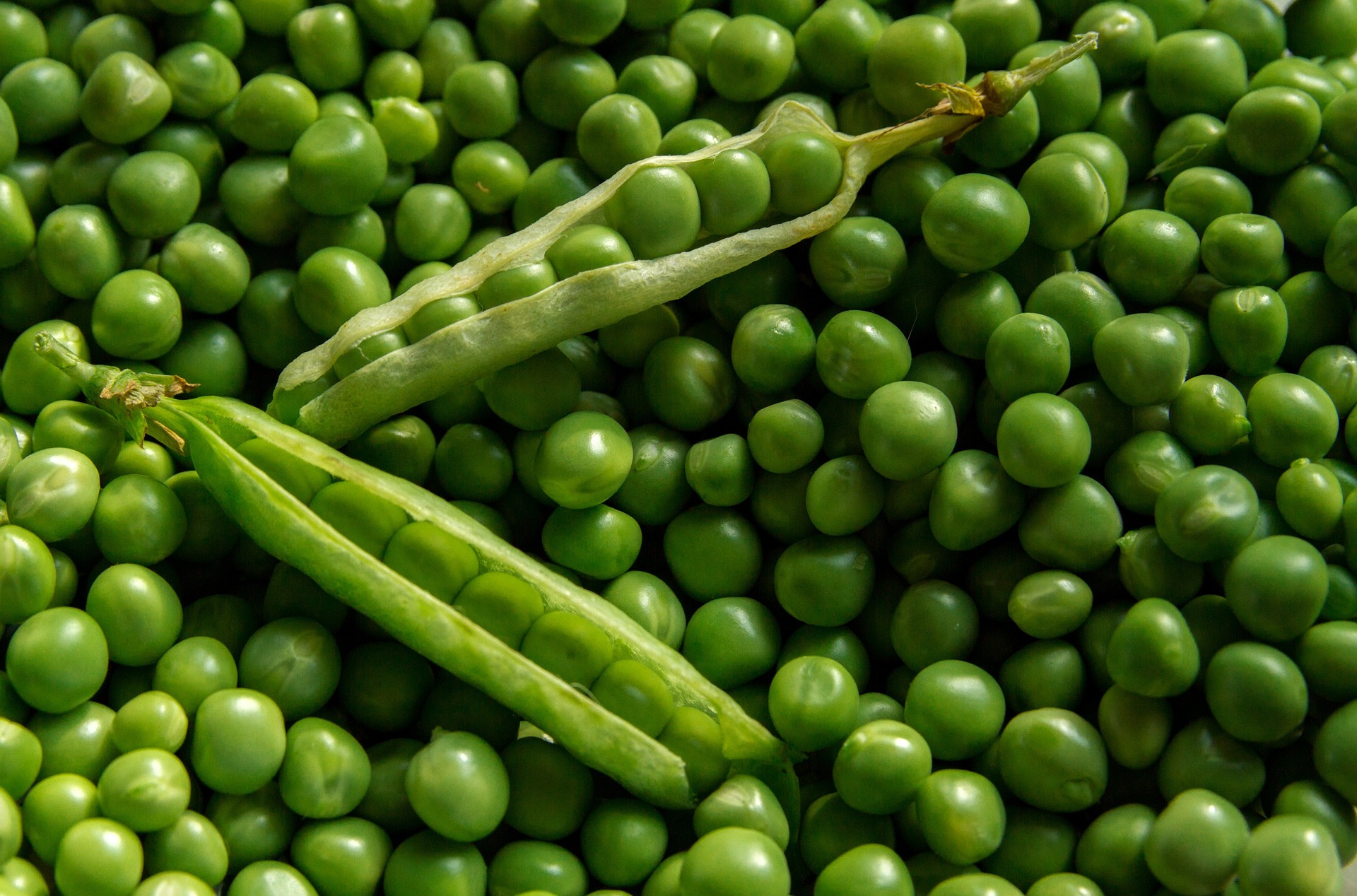The Importance of Iron: Understanding its Role in the Body
Iron is an essential mineral that plays a crucial role in the body. It is a vital component of hemoglobin, a protein in red blood cells that carries oxygen from the lungs to the rest of the body. Iron is also necessary for the formation of myoglobin, a protein that stores oxygen in muscle tissue.
Iron deficiency can lead to anemia, a condition in which there are not enough red blood cells in the body to transport oxygen effectively. Anemia can cause fatigue, weakness, and shortness of breath. It can also affect cognitive function and immune system health.
It is important to consume sufficient amounts of iron through a balanced diet or supplements to avoid iron deficiency and anemia. Iron-rich foods include red meat, poultry, fish, beans, lentils, tofu, spinach, and fortified cereals. However, it is essential to note that excessive iron intake can be harmful to health, particularly for people with hemochromatosis or other genetic disorders that cause iron overload.
How to Prevent Iron Deficiency and Anemia
Iron deficiency and anemia are preventable conditions with the right dietary choices and supplementation. Here are some tips to help you prevent iron deficiency:
Eat a balanced diet rich in iron: Consume foods that are high in iron, such as red meat, poultry, fish, beans, lentils, tofu, spinach, and fortified cereals.
Combine iron-rich foods with vitamin C: Vitamin C can enhance iron absorption. You can combine iron-rich foods with vitamin C sources such as citrus fruits, berries, and leafy greens.
Avoid excessive intake of tea and coffee: Tannins in tea and coffee can interfere with iron absorption. Avoid consuming these beverages with meals or close to mealtime.
Consider iron supplements: If you are at risk of iron deficiency or anemia, your doctor may recommend iron supplements. Follow their advice carefully and do not exceed the recommended dosage.
Avoid excessive alcohol consumption: Alcohol can interfere with iron absorption, so it is important to avoid excessive drinking.
By following these simple tips, you can reduce your risk of iron deficiency and anemia and maintain good health.
Iron Deficiency and Anemia in Children: Signs, Symptoms, and Prevention
Iron deficiency and anemia are prevalent in children, particularly those under the age of five. These conditions can affect cognitive development, physical growth, and immune system health. Here are some signs and symptoms of iron deficiency and anemia in children:
Pale skin and nails
Fatigue and weakness
Rapid heartbeat
Shortness of breath
Poor appetite
Slow cognitive and physical development
Increased susceptibility to infections
To prevent iron deficiency and anemia in children, it is essential to provide them with a balanced diet rich in iron. Breast milk or iron-fortified formula is recommended for infants. For older children, iron-rich foods such as red meat, poultry, fish, beans, lentils, tofu, spinach, and fortified cereals can provide the necessary amount of iron.
It is also essential to monitor children’s iron intake and seek medical advice if there are concerns about their iron levels. Iron supplements may be recommended for children who are at risk of iron deficiency or anemia.
Iron Deficiency and Anemia in Pregnancy: Importance of Monitoring and Prevention
Iron deficiency and anemia are common during pregnancy, affecting up to 50% of pregnant women worldwide. These conditions can have serious implications for the health of the mother and the developing fetus. Here are some signs and symptoms of iron deficiency and anemia in pregnancy:
Fatigue and weakness
Shortness of breath
Dizziness and lightheadedness
Rapid heartbeat
Pale skin and nails
Increased susceptibility to infections
Iron requirements increase during pregnancy as the body needs to support the growth of the fetus and placenta. A lack of sufficient iron during pregnancy can lead to preterm birth, low birth weight, and developmental delays in the baby.
To prevent iron deficiency and anemia during pregnancy, it is important to monitor iron levels regularly and take appropriate measures to increase iron intake. Prenatal vitamins that contain iron are often recommended for pregnant women. Iron-rich foods such as red meat, poultry, fish, beans, lentils, tofu, spinach, and fortified cereals should also be included in the diet.
Pregnant women should also avoid consuming excessive amounts of tea and coffee and take supplements as advised by their healthcare provider. It is crucial to seek medical advice promptly if there are concerns about iron levels during pregnancy.
Iron is an essential mineral that plays a crucial role in the body. Iron deficiency and anemia can have serious implications for health, particularly in vulnerable populations such as children and pregnant women. By following a balanced diet rich in i


